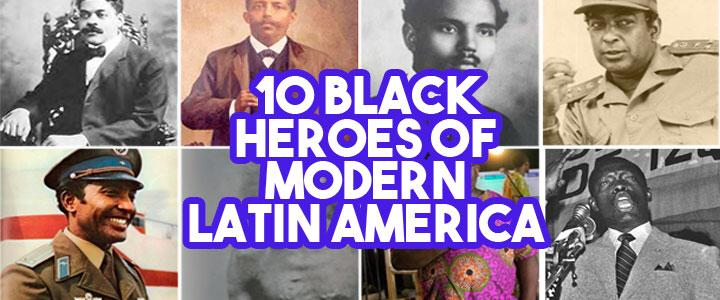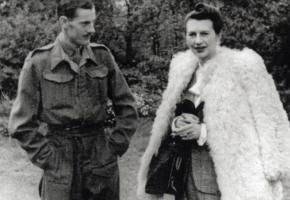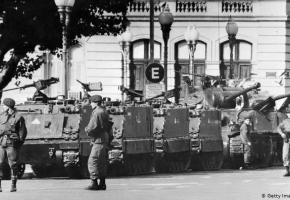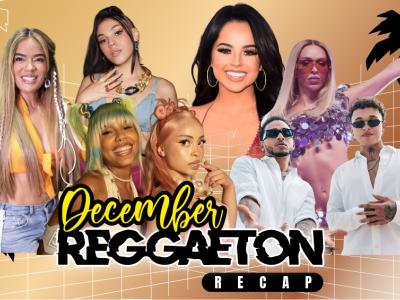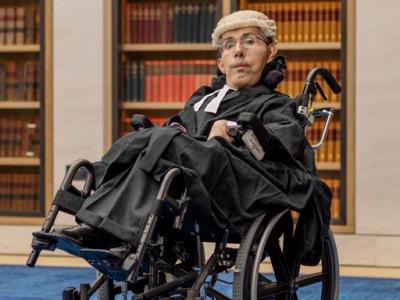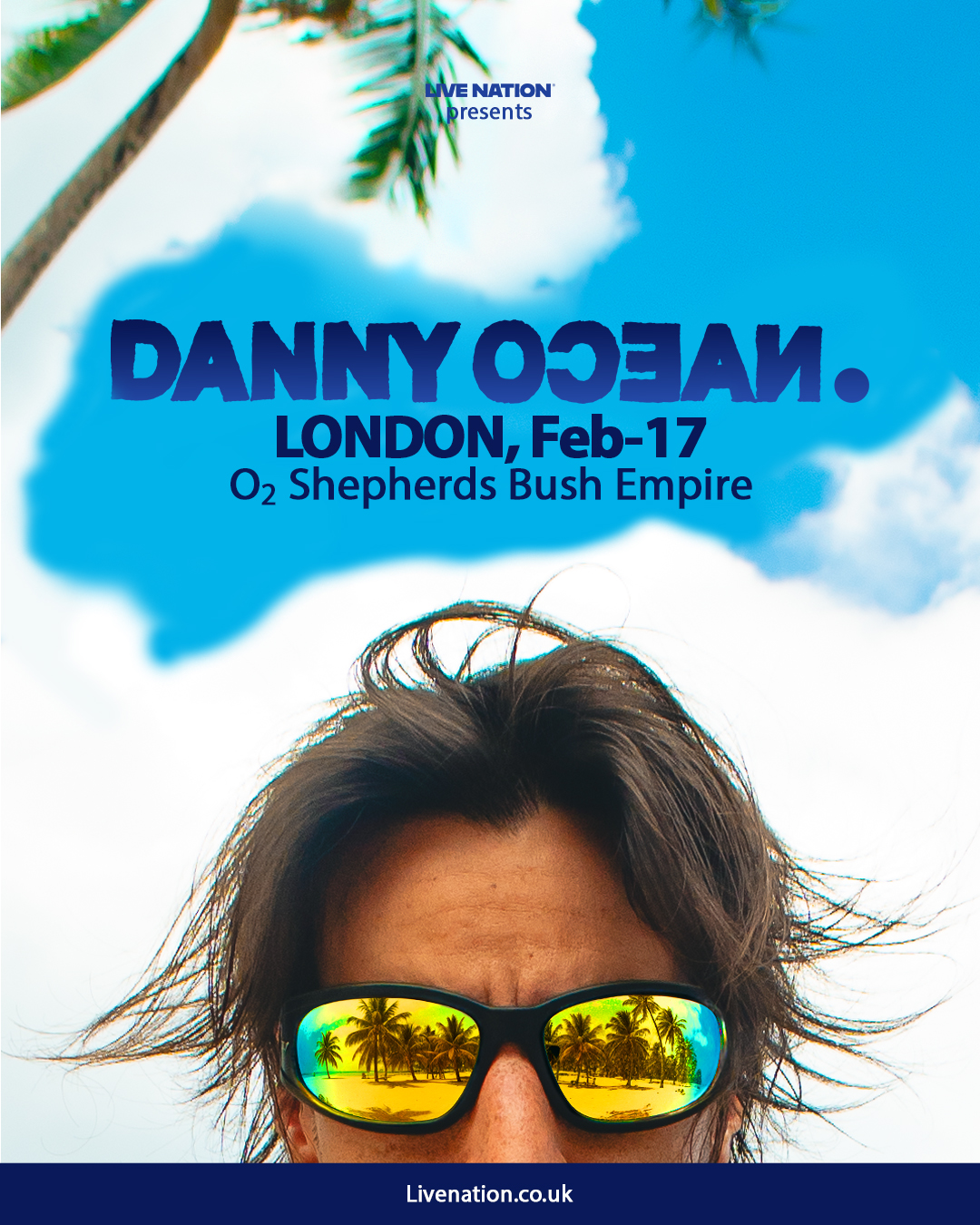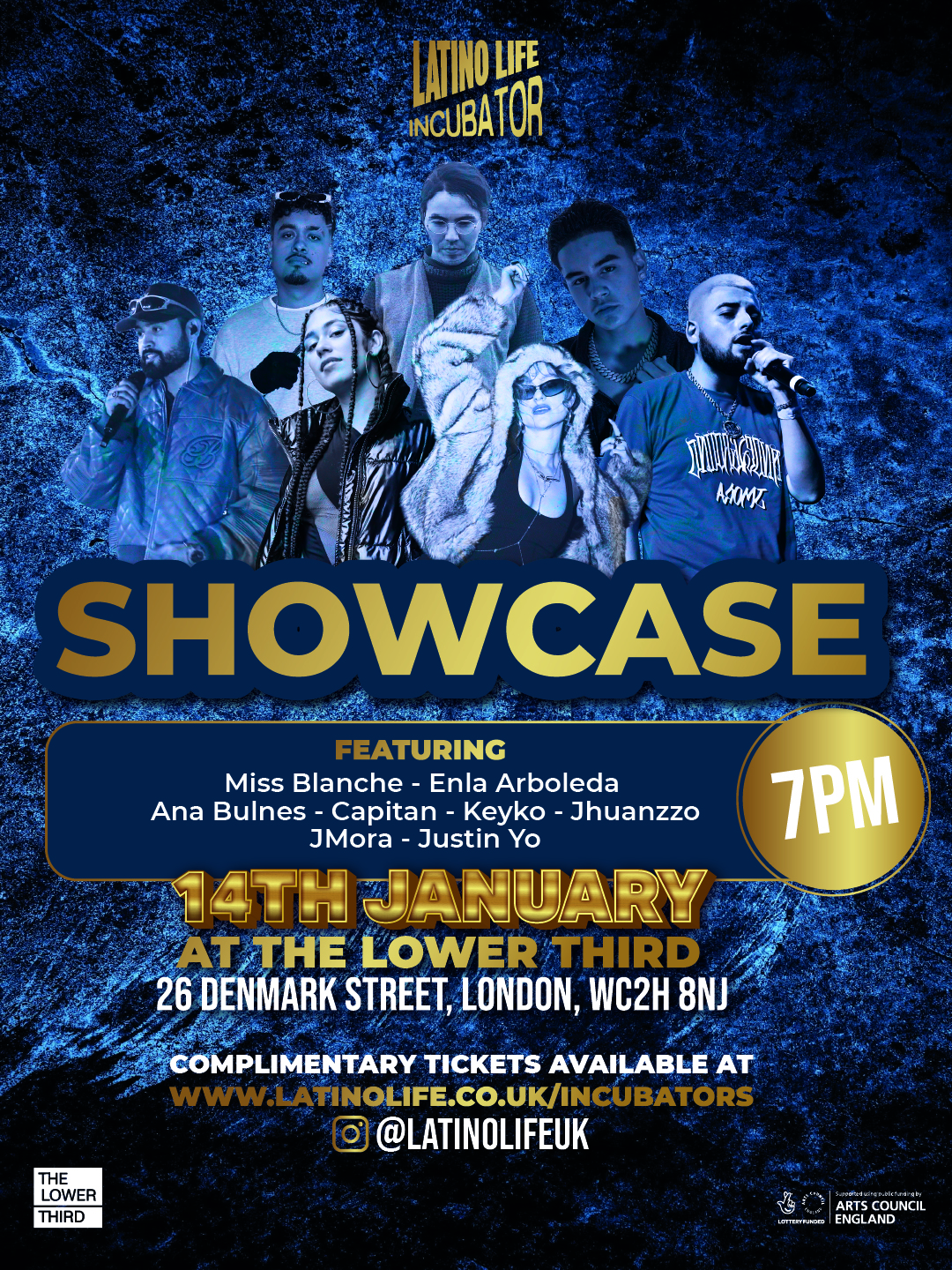1. Luis Antonio Robles, lawyer and politician (Colombia, 1849 –1899)
"El Negro Robles" was first Afro-Colombian to serve as a lawyer, the first ever to serve as congressman or to hold a cabinet-level ministry office in modern Colombia. Born in Riohacha in 1849, his parents were freed persons of moderate means, yet he completed school, attended university and graduated as a lawyer in 1872. He went on to serve as Secretary of the Treasury and Public Credit during the administration of President Aquileo Parra Gómez and the first Afro-Colombian Governor of a Department.
Constantly racially harassed and abused and having to justify his position, at one time he insisted: “I won't be silenced! I have the right to speak as a representative of the people. Yes, I belong the Black race and my duty is to serve those who shattered the yoke of this Republic.” After his death, his childhood home in Camarones was designated a national monument, and operates as a Cultural House, Library and Training Centre.
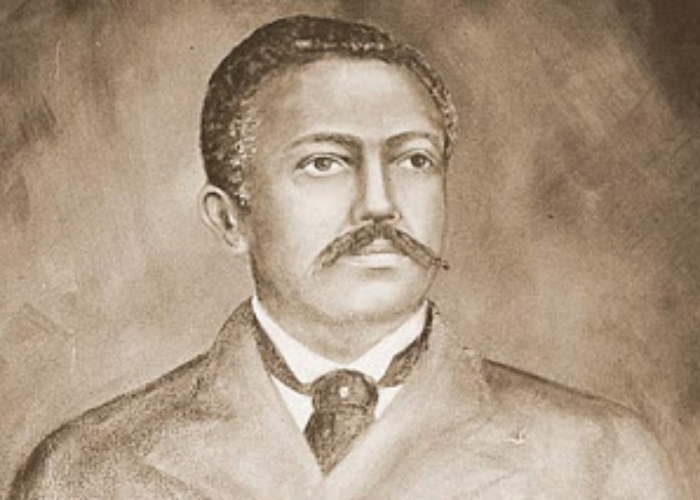
2. Arturo Alfonso Schomburg, historian, writer, and activist (Puerto Rico, 1874 – 1938)
Born in Puerto Rico of African and German descent who moved to the United States and researched and raised awareness of the great contributions that Afro-Latin Americans and Afro-Americans have made to society. He was an important intellectual figure in the Harlem Renaissance. Over the years, he collected literature, art, slave narratives, and other materials of African history, which were purchased to become the basis of the Schomburg Center for Research in Black Culture, named in his honor, at the New York Public Library (NYPL) branch in Harlem.
3. Pedro Albizu Campos, attorney and politician (Puerto Rico, 1930–1965)
Son of a Spanish Basque merchant and a domestic worker of mixed African and indigenous Taino descent, Albizu’s parents never married and his father did not officially recognize him as his son (filed legal documents) until Albizu was at Harvard. Though poor, and only starting school at 12, he was a brilliant student and finished all his schooling in seven and a half years. He received a scholarship from the University of Vermont to study engineering and his performance was so outstanding that a professor recommended him to Harvard, where he graduated with the highest grade point average in his law class and learned 6 languages.
He became involved in the Irish struggle for independence, which inspired him to struggle for Puerto Rican independence. He became such a powerful figure in the Puerto Rican independence movement, that the authorities imprisoned him for twenty-six years for attempting to overthrow the United States government in Puerto Rico. In 1950, after his release he called for armed uprisings in several cities in Puerto Rico, and was again thrown in jail. He died in 1965 shortly after his pardon and release from prison, after suffering a stroke, allegedly a result his medical treatment in prison.
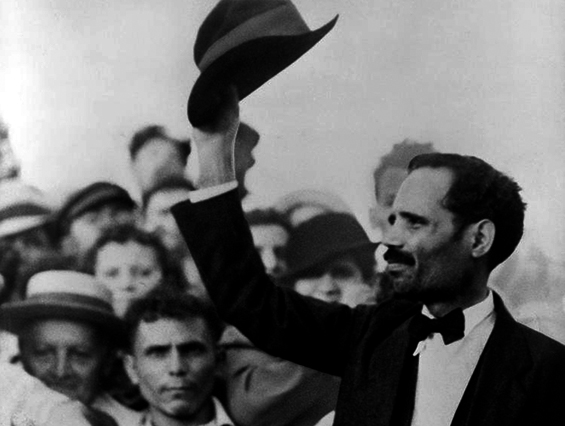
4. Ramón Leocadio “Cayo” Baez (Puerto Rico)
A picture of Cayo Baez showing scars inflicted by the U.S. occupation army shocked the world and revealed the reality that the Dominican Republic was facing at the time of the first U.S. occupation which lasted from 1916 to 1924. Cayo Baez was a peasant from Salcedo Baez who told the story of his kidnapping by American forces at the age 16 in 1923. He was captured and tortured for not revealing the hiding place of his comrades who were against the occupation. He explained in court that he was left for dead and an old lady saved him. They tortured him so severely with a hot machete that he was unable to walk. Sixteen others were also tortured and shot; only Baez survived. he wasn’t properly recognized or recompensed by the government and died poor and forgotten while receiving a very low pension, but his legacy was as symbol of US brutality in Latin Caribbean.

5. Jaime Hurtado ( Ecuador, 1937 –1999)
Jaime Hurtado was an activist for social and racial equality and the first black parliamentarian in Ecuador, who was shot to death while running for President. Born into poverty, at the age of 10, Jaime juggled school with helping his parents by cleaning shoes on the street. At high school he was an outstanding student and basket ball player and played for the state of Esmeraldas and the Province of Guayas. He got a place at the University of Guayaquil, where he was president of the Association School of Law and candidate for the Presidency of the Federation of University Students of Ecuador.
In 1979, in the first elections after the disctatorship, Hurtado was elected to Congress for the Movimiento Popular Democrático Party (MPD) where he helped restore the national trades union and Students union, After 20 years, continually denouncing government linked drug trafficking , corruption and social inequality, Hurtado decided to run for President in 1998. On 17 February 1999 Hurtado, his nephew, and his bodyguard were shot to death a short distance away from Congress. The assassins got away, and were never brought to trial, although allegations implicate the then-president Jamil Mahuad in the murder.
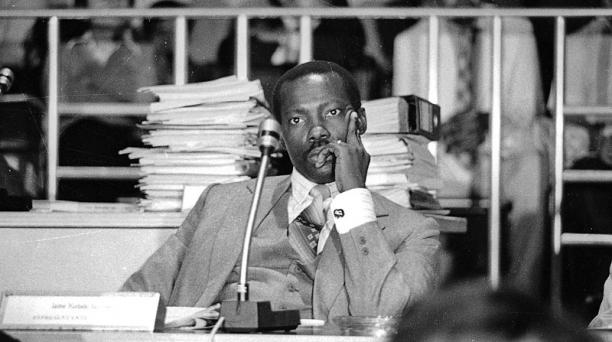
6. Abdias do Nascimento, politician, poet, dramatist, activist (Brazil 1914 –2011)
Born in Franca, São Paulo state, Nascimento joined the military as a boy but was expelled to his resistance against racial discrimination a few years later. He received a B.A. in Economics from the University of Rio de Janeiro in 1938. After attending a performance of Eugene O'Neill's play The Emperor Jones with a blackfaced white actor in the leading role, he decided to create the Black Experimental Theater (Teatro Experimental do Negro, TEN) in 1944. TEN premiered on May 8, 1945 with a production of O'Neill's The Emperor Jones, that was highly acclaimed.
As well as the TEN, he began the Black Arts Museum, organized the National Convention of Brazilian Blacks and the First Congress of Brazilian Blacks. In 1983 he was elected to the federal Chamber of Deputies, the first Afro-Brazilian member of Congress to champion black people’s human and civil rights. In 1994 he was elected to the Senate and served until 1999. In 2004 Abdias received UNESCO’s special Toussaint Louverture Award for contribution to the fight against racism and was officially nominated for the 2010 Nobel Peace Prize.
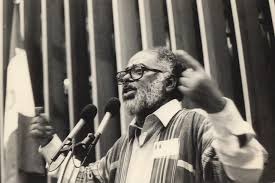
7. Harry "Pombo" Villegas, revolutionary (Cuba, 1940 –2019)
Harry Villegas fought alongside Che Guevara in battles from the Sierra Maestra to the Bolivian insurgency. From 1977 to 1979, and again from 1981 to 1988, Villegas was part of the leadership of Cuba's volunteer military mission in Angola, fighting alongside Angolan and Namibian forces against aggression by South Africa's apartheid regime. Villegas was a Central Committee member of the Communist Party of Cuba from 1997 to 2011, a deputy of Cuba's National Assembly, and executive vice president of the Association of Combatants of the Cuban Revolution. Villegas was also a published writer. He died, aged 79, in Havana.
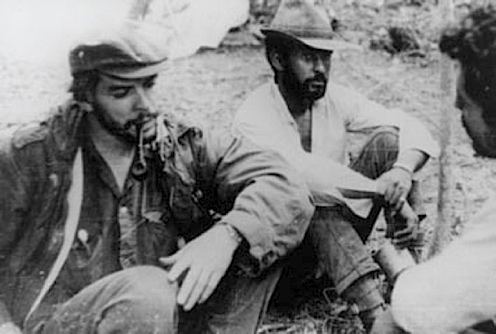 together with Che Guevara
together with Che Guevara
8. Luis Beltrán Prieto Figueroa (Venezuela)
Luis Prieto was a founding member of party Acción Democrática (AD, Democratic Action), and Minister of Education under Rómulo Gallegos (1947-8). As a young activist, after the 1948 coup he went into exile, first as a professor at the University of Havana (1950-1), then working for UNESCO in Costa Rica and Honduras (1951-8). Returning from exile after the end of the dictatorship of Marcos Pérez Jiménez in 1958, he was again elected senator (1959–1969). During this time he was Secretary General of AD (1958-9), President of the Venezuelan Senate from 1962 to 1967 and President of AD (1963–67). He was part of a generation that took Venezuela away from the military dictatorship towards democracy and tried to push the country forward. He is considered a rare principled politician and one of the fathers of Venezuelan democracy.
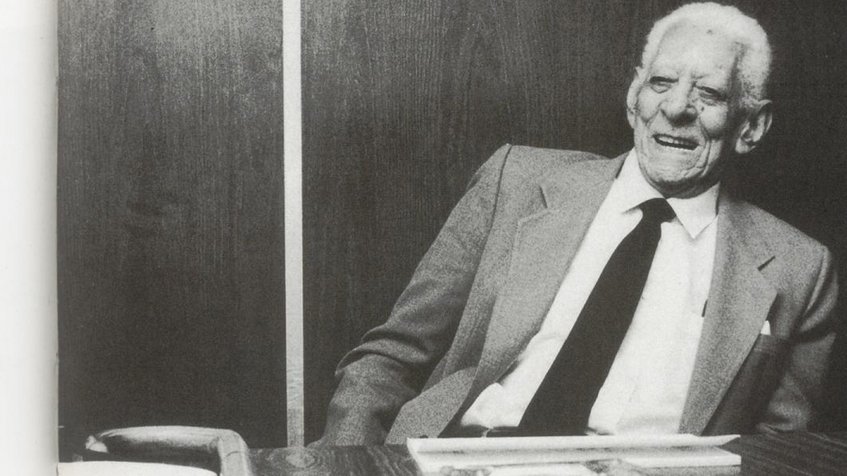
9. Nicolás Guillén, poet and political activist (Cuba, 1902 – 1989)
Born in Camagüey, he studied law at the University of Havana, and wrote poetry with political undertones critical of the Gerardo Machado's regime, which was overthrown in 1933, but political repression intensified. After being jailed in 1936, Guillén joined the Communist Party the next year, traveling to Spain to cover the Spanish Civil War,. After returning to Cuba, he stood as a Communist in the local elections of 1940. This caused him to be refused a visa to enter the United States. In 1953, after being in Chile, he was refused re-entry to Cuba and spent five years in exile. He returned after the successful Cuban revolution of 1959. From 1961 he served more than 25 years as president of the Unión Nacional de Escritores de Cuba, the National Cuban Writers' Union. His awards included the Stalin Peace Prize in 1954, the 1976 International Botev Prize, and in 1983 he was the inaugural winner of Cuba's National Prize for Literature. as a Cuban poet, journalist, political activist, and writer. He is best remembered as the national poet of Cuba.
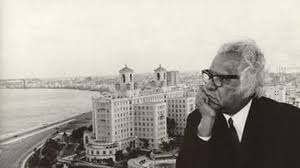
10. Arnaldo Tamayo Méndez, legislator, and former cosmonaut (Cuba)
Cuban born Arnaldo Tamayo Méndez is the first person of African heritage in space. As a member of the crew of Soyuz 38, he became the first Cuban citizen, the first Latin American, and the first person from a country in the Western Hemisphere other than the United States to travel into Earth orbit.

11. Fredman Herazo Padilla, community leader (Colombia)
Fredman Herazo Padilla was a prominent African-Colombian community leader and promoter of the traditional culture and language of Palenque, the first free slave town in the Americas and a UNESCO World Heritage site of cultural patrimony. On 15th January 2021 he was murdered whilst having lunch. Fredman avidly promoted Afro-Colombian culture, particularly his local language, palenkero, and consulted Afro-Colombian communities around the country about human rights. He also took part in roundtable discussions on Colombia’s Afro-majority Pacific Coast. In a town renowned as a haven of freedom, African culture and resistance, his assassination comes as a fierce blow to the community of San Basilio de Palenque.
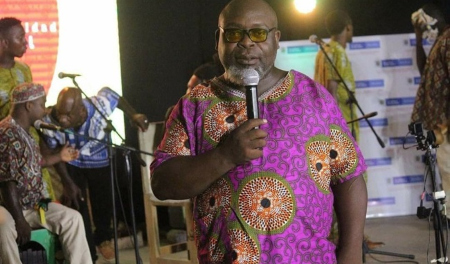
Also worth mentioning...
Enrique Nadal, a film director and a leading fighter for the recognition of the rights of black Argentines.
Find out about black heroes of colonial Latin America here
Find out about black heroines of Latin America here


